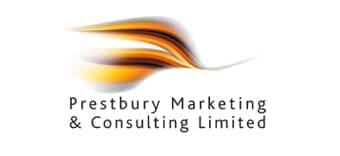Thinking of starting a business? Here are some of the things that you need to do.
At this time of year and after this year of all years, now is the time when many are reviewing what they currently doing and considering taking the plunge and starting their own business. This is not a decision to take lightly though, so we thought we would shares some tips on what you need […]




